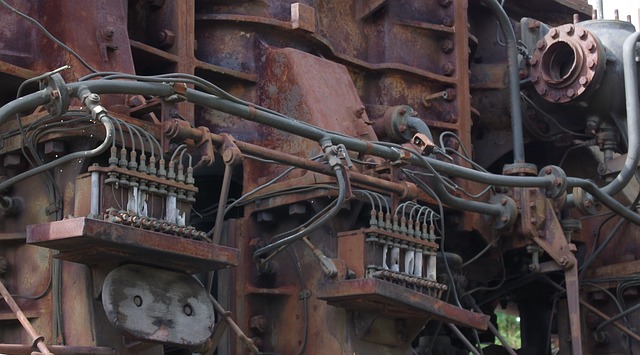Who invented Diesel Engine? Rudolf Diesel. For over a century, the diesel motor has been the foundation of the industry. Internal combustion engine that ignites the fuel, it does everything from tractors to trucks through compression power. But for decades, historians have received the mysterious disappearance of its inventor, who had disappeared 103 years ago during a blast on the English Channel. Do you know Who invented Diesel Engine?
- This Article, You Will Learn:-
Who invented Diesel Engine
Rudolf Diesel filed a patent in 1892
Rudolf Diesel biography
The truth of Rudolf Diesel's Death
Who invented Diesel Engine
Rudolf Diesel was a talented inventor who designed the equipment from the refrigerator to the steam locomotives, but their Eminem engine is what they know best. A trained engineer, diesel was interested in developing a new type of internal combustion engine in the late 1880s because he believed that he was more powerful and efficient than the gas engine that was then widely used Were being used with. Encyclopædia Britannica notes.
Unlike gas engines, Diesel designed his device so that it could run on almost any type of fuel. At that time, standard Petroleum-operated internal combustion engines were large, expensive and inefficient. The options were not so good either: If a gas engine was not used in a factory workshop, it was probably powered by a steam engine, which was even more useless and costly, Jason Stein wrote for Newsday. Who invented Diesel Engine?
"Diesel saw his engine as a device that was favorable in size and cost, but was also able to use available fuel," said Stein. "It will allow independent craftsmen to avoid using expensive, fuel-wasting steam engines. This will help the small businessman to try to beat big companies. "
Rudolf Diesel filed a patent in 1892:-
Rudolf Diesel filed a patent for his engine in 1892, and within a few years, he developed a series of small, efficient engines that could run on anything from vegetable oil to peanut oil. By the end of the 19th century, everything from power plants to cars was running on diesel engines. Diesel disappeared mysteriously on September 30, 1913, when it came as a setback for many people when crossing the English Channel from Belgium to a business meeting, Jennifer Latten wrote for Time Magazine.
Rudolf Diesel biography:-
The New York Times reported that at the time of arrival of the ship at 6 o'clock in the morning, he was missing. "She did not sleep inside her bed, though she was dressed in her nightclub."
Diesel's disappearance through the world for a loop. He appeared very well thanks to his many patents and was a title of the invention. However, after his disappearance and his death ruling, new details showed that he was in serious debt due to poor investment and was suffering from poor health, writes Pattinson.
The truth of Rudolf Diesel's Death:-
While his death was officially considered suicide, the mysterious circumstances surrounding it kept Diesel in the news for years. Some conspiracy theorists had believed that due to the importance of the diesel engine in early U-boat designs, they were assassinated by German detectives, or that their opponents in the business world wanted to remove them from the way. Other stories were cropped over the years, with some accounts, he said that he left his wife with a bag full of money and gave details of his loan in the documents and also instructed not to open it until one week after disappearance Given and said that he has taken a small cross in his magazine till date. Some people also claimed that they were found living alive in Canada. You may know Who invented Diesel Engine?
Diesel can never be completely told about the demise, but the impression he has left in the industrial world is undeniable.













I love this post thank you share with us, i hope you post best artical in future.
ReplyDeleteSmart Mobile, Mobile price, Mobile store, Mobile Cover